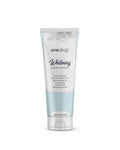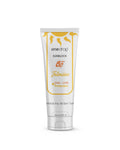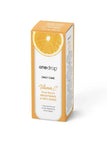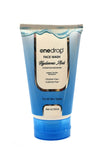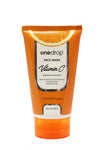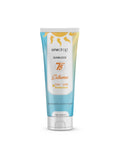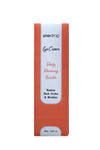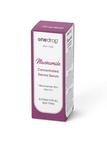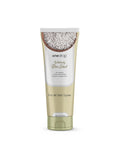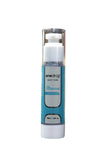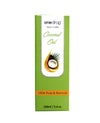Rosemary Essential Oil: Benefits for Your Mind, Body, and Home
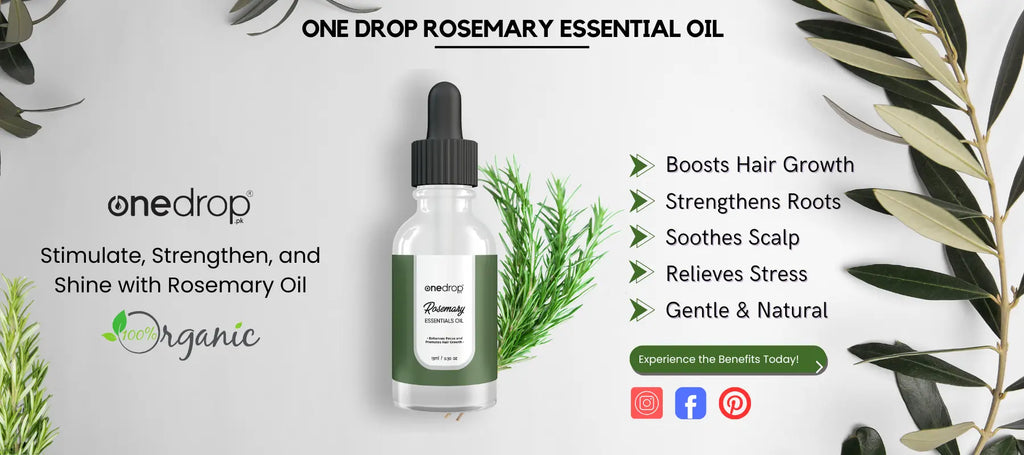
What Is Rosemary Oil?
Rosemary essential oil is a natural oil made from the flowers and leaves of the rosemary plant. It is a fragrant herb that comes from the Mediterranean region. It is known for its aroma and countless health benefits. Rosemary oil has been used in skincare, hair care, medicines, and aromatherapy for centuries. It has a woody and herbal scent. It contains a lot of bioactive compounds, which contribute to its various therapeutic properties. Its origin is from Egypt, Greece, and Rome, where it was considered a blessed herb. Historically, it has been used for rituals, medicines, and cooking. This essential oil is composed of bioactive compounds like camphor, 1,8-cineole, and alpha-pinene, from which the aroma comes. It is widely used in aromatherapy, personal care, and even in cooking practices because it is pure and has a strong natural essence. You can also combine rosemary essential oil with an Activated Charcoal Facewash to boost your skincare routine. The best way to use it is to dilute it.
Difference Between Rosemary Oil and Rosemary Essential Oil:
Rosemary oil is extracted from the rosemary plant and mixed with carrier oil. It is typically dilute or infused oil. It is made by soaking rosemary leaves into any other oil like olive oil, almond oil and coconut oil to extract its essence over time. It is less concentrated and milder, making it suitable for direct use in massage, skincare and cooking without diluting it. On the other hand, Rosemary essential oil is highly concentrated and obtained through steam distillation of the leaves and flowering tops of rosemary plants. This process captures the plant’s amazing aroma, resulting in pure and effective oil. Rosemary oil is basically used in aromatherapy, skincare, haircare and natural mixtures due to its healing properties. It is not diluted and requires careful handling. It has to be mixed with carrier oil before topical application.
Overall, rosemary essential oil is a pure, concentrated product with more pure properties. At the same time, rosemary oil is a diluted version that is easy to use and safe for everyday use.
Benefits Of Rosemary Essential Oil:
Rosemary Oil Has Infinite Benefits In So Many Expect Of Life:
- Skincare
- Haircare
- Therapies
- Cooking
Skin Care
In skin care, rosemary is effective in fighting against acne, reduces scars and improves overall skin health. It has anti-bacterial properties which help to prevent acne. Also has anti-inflammatory properties that give a soothing effect to irritated skin. This oil also promotes a youthful complexion by fighting against free radicals, reducing the appearance of wrinkles and fine lines. It also enhances circulation, which gives the skin a natural and radiant glow. It helps to hydrate your skin and control excess oil production. It also increases the blood flow which can help to reduce dark circles. Helps to reduce eye puffiness.
Rosemary essential oils are used in cleansers because of their natural fragrance. It fights odor by protecting the body from bacteria because it has anti-bacterial properties.
Hair Care
Rosemary essential oil is a powerful natural solution for almost all of your hair problems. It helps to maintain the health of your hair and scalp. It is full of antioxidants, anti-inflammatory properties and bioactive compounds. It is effective for common hair concerns. Rosemary oil is a perfect natural solution for hair growth. It stimulates blood circulation in the scalp, giving important nutrients and oxygen to hair follicles. This increased nourishment helps encourage healthier, longer and thicker hair growth over time. It strengthens hair follicles and recurs the effect of DTH a hormone which is responsible for hair thinning. It can support the hair at the root, making it an excellent remedy for maintaining fuller hair. The anti-inflammatory properties of rosemary essential oil target common scalp issues like dandruff and dryness. It soothes irritation, reduces flakiness and helps to maintain a balanced and healthy scalp. This oil is rich in antioxidant content, which protects hair from oxidative stress caused by free radicals. This helps delay the beginning of premature greying, keeping your hair looking vibrant and youthful for longer.
Therapies:
Rosemary plays an important role in the therapeutic process because of its aromatic, medicinal, ad relaxing properties. It is a permanent ingredient in aromatherapy where its refreshing scent is used to enhance mental clarity, boost focus and reduce stress. Diffusing rosemary essential oil creates an uplifting environment, making it an ideal choice for those seeking to improve concentration during work or studies. In massage therapy, rosemary essential oil is widely used for its ability to relax muscle tension and reduce joint stiffness. Its analgesic and anti-inflammatory properties make for particularly effective for soothing aches caused by exertion, arthritis and chronic pain. Use can combine it with a carrier oil and massage it into the skin to promote relaxation and improve circulation. It supports overall physical well-being. Rosemary oil is also used in respiratory therapies for its decongestant effect. The compound 1,8-cineole helps to clear airways, providing relief from colds, sinusitis and seasonal allergies. Inhaling through steam or diffusers helps to ease breathing and refresh the senses.
Overall, rosemary essential oil is a versatile and valued component in therapeutic practices, giving you physical, mental and emotional benefits that supply various wellness needs. Its natural, effective and pleasant odor makes it an essential tool in promoting relaxation, energy and strength in a variety of healing settings.
Cooking
In cooking, rosemary essential oil is especially popular in Mediterranean cuisine. It complements roasted meats, vegetables and breads. It is also used in the margination of chicken, beef or lamb to add depth and a touch of earthiness. It adds a great taste to soups, stews and sauces informing a warm and slightly pine-like note that enhances the dish’s complexity. For baking, rosemary essential oil can be added to artisan bread or savory scones that provides a fragrant and unique taste.
Additionally, it pairs well with olive oil in salad dressing or dips to uplift the dish with its aromatic profile. When using rosemary essential oil in cooking, it’s important to make sure that the product is food-grade and to use it sparingly due to its concentrated nature. A drop or two is enough to add taster and avoid overpowering the dish. This oil is a versatile and flavorful ingredient. It is perfect for elevating everyday recipes into gourmet delights.
Conclusion:
In conclusion, rosemary essential oil is a natural product with deep historical meaning and a variety of uses that continue to resonate in modern life; its origin from the fragrant rosemary plant, native to the Mediterranean region, reflects its deep connection to the cooking, therapeutic and personal care traditions around the world. The oil’s exclusive fragrance and powerful properties make it a valuable addition to homes, whether for enhancing the feel, personal care rituals or cooking creations. The versatility of rosemary essential oil is rooted in its composition, which includes bioactive compounds. It is important to handle rosemary essential oil with care. Its concentrated nature needs dilution, proper storage and responsible usage to ensure safety and effectiveness. For those who are exploring rosemary essential oil, it serves as a gateway to the rich tradition of essential oils and their role in enhancing everyday life. Whether you are a novice or an enthusiast, its straightforward application and natural essence make it sociable and rewarding. By adding this oil into your life, you appreciate its place in the long-lasting traditions of natural wellness and lifestyle improvement.





